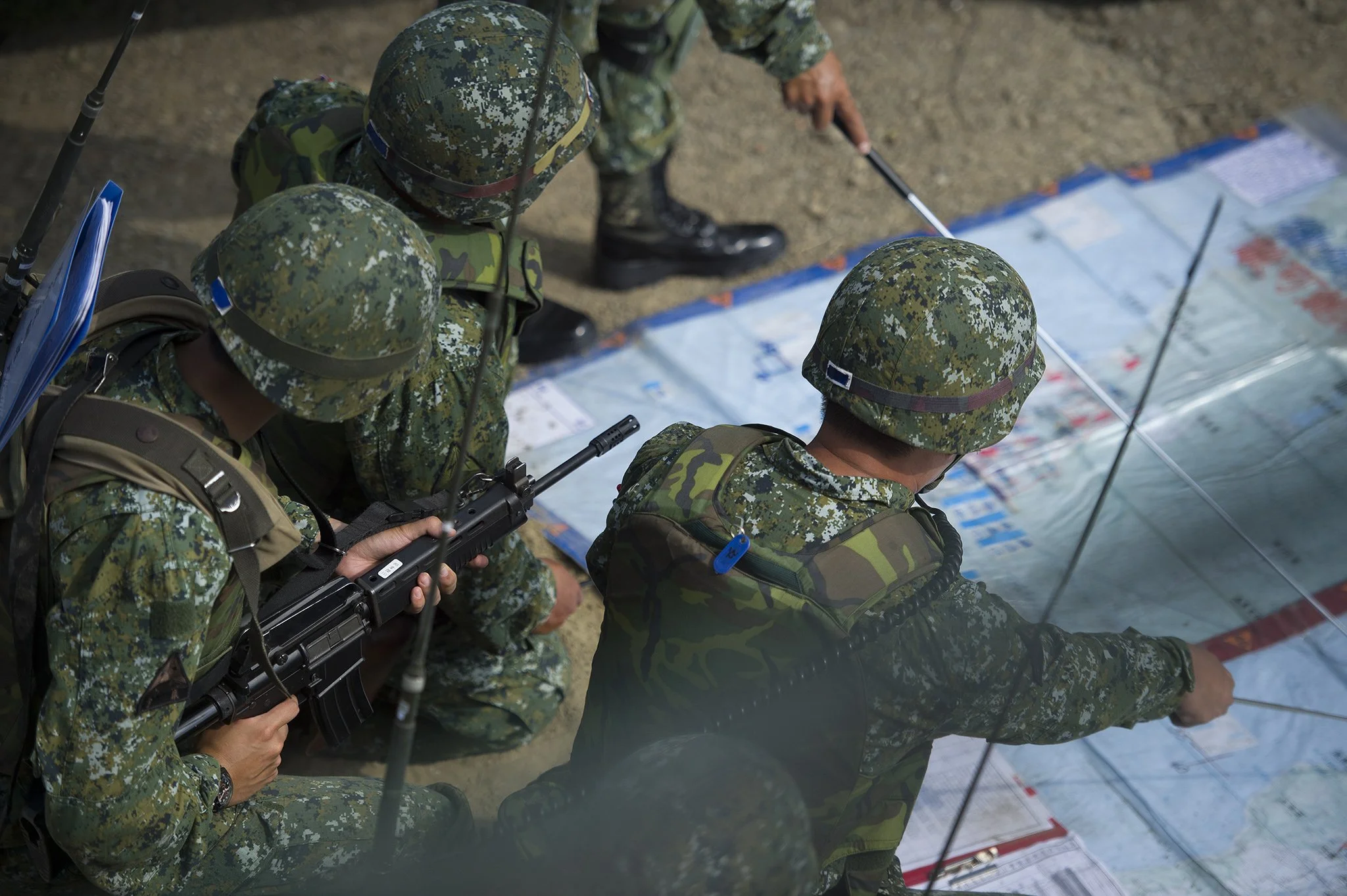Written by Wooyun Jo
The spy satellite launch reinforces the need for vigilant monitoring and surveillance to assess the capabilities and intentions of North Korea, as well as to strengthen regional defence against potential nuclear missile attacks.
Read More
















